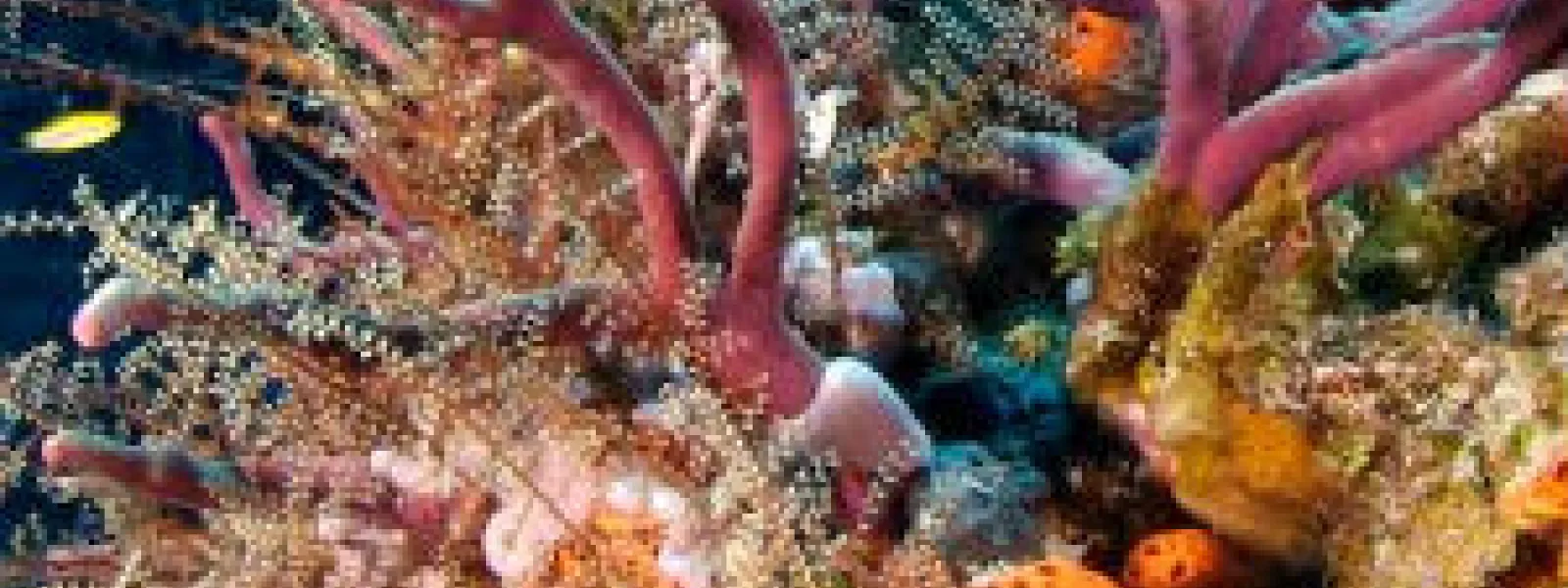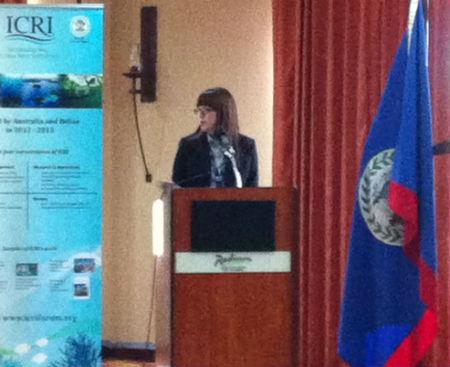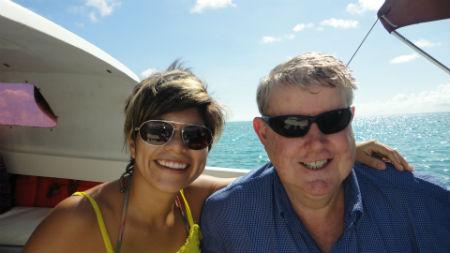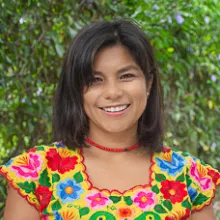
The International Coral Reef Initiative and the role of AIDA
Credit: Gustavo DanemannBy Sandra Moguel, legal advisor, AIDA, @sandra_moguel
Made up of government representatives, scientists and civil society members, the International Coral Reef Initiative (ICRI) meets annually to discuss and make decisions on priority issues regarding the protection of international coral reefs. This year the meeting was held in Belize from October 14 to 17, hosted by ICRI Secretariat co-chairs Australia and Belize.
The ICRI describes itself as an informal partnership between nations and organizations. It was created out of concern for the degradation of coral reefs, mainly as a consequence of human activities including land pollution, anchoring and more. Its objectives are to: 1) Encourage the adoption of best practices in the sustainable management of coral reefs and associated ecosystems; 2) Build capacity; and 3) Raise awareness at all levels on the plight of coral reefs around the world.
Although ICRI decisions are not binding among members, they have been crucial in highlighting the important role of coral reefs and similar ecosystems in guaranteeing environmental sustainability, food security and social and cultural welfare. In its own documents, the United Nations has recognized the work and cooperation efforts of the ICRI in the international area.
Much of AIDA’s work runs in parallel with the ICRI’s efforts. AIDA’s Marine Biopersity and Coastal Protection Program aims to ensure that Latin American coral reefs are legally protected and managed in a way that safeguards their biological integrity. This was reason enough for us to apply for ICRI membership so we could take part in this platform for dialogue. By participating in Belize, AIDA sought to identify opportunities to expand our work in high-priority countries and islands in the Americas.
We also think it is important that the ICRI should take into account our expertise in international law and our partnerships with participating organizations. It is also key to apply a legal framework to the ICRI discussion, and there are some interesting ad hoc committees involved in the initiative that could explore this aspect. We are particularly interested in the economic value of coral reefs and similar ecosystems, a topic that also addresses the issue of compensation. Another interest is in the law enforcement committee that performs research on the assessment of the evidence and standardization of rules in different countries.
Colombia, Costa Rica, Granada, Panama and the Marine Ecosystem Services Partnership (MESP) all attended the ICRI meeting in Belize as new members.
Ricardo Gómez, Mexico’s representative to the ICRI, made a formal presentation of his paper entitled Regional Strategy for the Control of Invasive Lionfish in the Wider Caribbean[1]. 
In addition, the International Union for Conservation of Nature (IUCN) presented its paper Status and Trends of Caribbean Coral Reefs: 1970-2012, edited by Jeremy Jackson, Mary Donovan and others. The paper looks at the changing patterns in coral reefs such as overfishing, coastal pollution, global warming and invasive species. The analysis concludes that rising tourism and overfishing are the most apparent causes of coral decline over the past 40 years. Coastal pollution is undoubtedly increasing, but no specific data are available to properly estimate its effects. Global warming also is a threat, but its effect was found to be of limited importance for now in the study.
As a result of the study, the delegates approved a motion to ban fish traps, spearfishing and parrotfish fishing throughout the wider Caribbean and its adjacent ecosystems, and provide economic alternatives for affected fishermen. It also prompted a proposal to increase co-management agreements between government and civil society.
At the meeting the delegates also discussed a simplification and standardization for monitoring the reefs and to make the results available in a database to facilitate adaptive management. It would be accompanied by a data exchange for local managers to benefit from others’ experiences.
At the closing of the event, the delegates revised the ICRI Action Plan and held a ceremony to transfer the Secretariat responsibilities to Japan and possibly Thailand, which will be in charge of the administration of the ICRI in 2014. 
I really enjoyed working with my colleague and friend Haydée Rodríguez, another legal advisor at AIDA, who I talk with on a daily basis even though we live in different countries. I very much enjoyed discussing the scientific and management aspects of the coral reefs with experts in the protected marine environments of different countries. Although faced with similar problems, they resolve them in different ways because the same solutions cannot always be replicated in different contexts.
In my point of view, the biggest challenge the ICRI faces is financing its platform. I also think it’s important to invite new members to encourage a greater representation from the government, scientific and civil society communities.
[1] ReadEl Pez León y la necesidad de combatir especies invasoras(in Spanish, 20-noviembre-2012).
Sandra Moguel

Sandra Moguel is Mexican and was an attorney with AIDA's Ecosystems Program. She is a graduate of the National Autonomous University of Mexico and holds a Master's degree in Environmental Law from the University of Auckland, New Zealand. Sandra has more than 15 years of experience in environmental research and litigation, primarily in wetlands and fisheries protection issues in both civil society organizations and the public sector.
